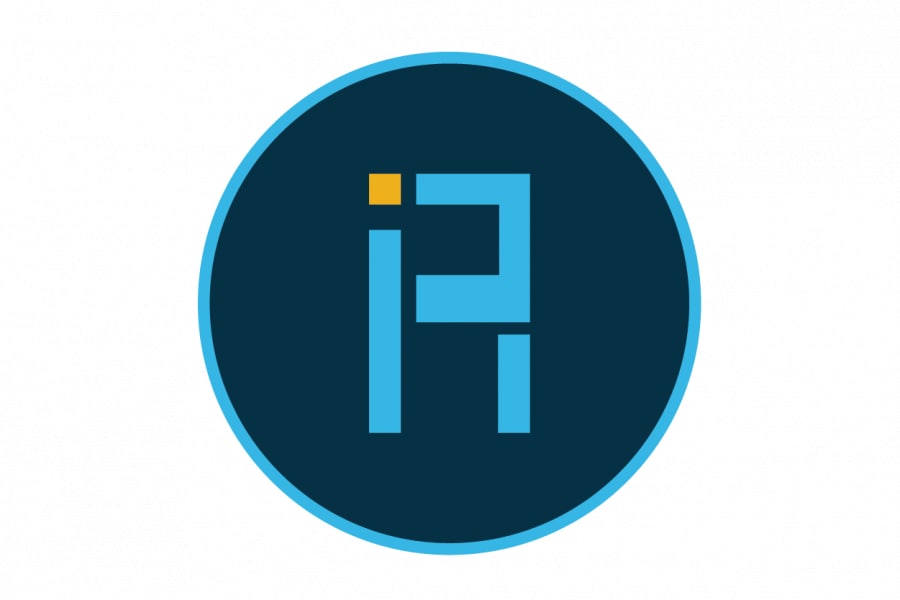Cloak and Digital Dagger: Project by IARPA seeks to both attribute and anonymize authorship through artificial intelligence

Using emerging technology to identify “linguistic fingerprints” idiosyncratic to individual authors, the Intelligence Advanced Research Projects Activity department seeks to create programs that can both uncover the identity of an author as well as hide their tracks
This is mainly being conducted through the Human Interpretable Attribution of Text Using Underlying Structure (HIATUS) research program, which is officially tasked with “developing novel human-useable AI systems for attributing authorship and protecting author privacy through identification and leveraging of explainable linguistic fingerprints.” In terms of the project, it seeks to develop ways of algorithmically identifying linguistic variation attributable to the specific way any author writes. This would allow artificial intelligence to identify the identity of authors specifically though examples of previous work. This would also allow the programs to obscure the identity of the authors through the removal of these identifying patterns.

These “linguistic fingerprints” refer to a broad array of potential identifiers such as spelling, syntax, specific phrases, general vocabulary, punctuation, formatting, rhythm and several others. The former aspect of HIATUS would be using these fingerprints to identify authorship whereas the latter would be scrubbing these from the text, rendering the original author unidentifiable via text alone.
Dr. Timothy McKinnon, contact point for the HIATUS program, stated that “HIATUS seeks to develop novel human-useable AI systems for attributing authorship and protecting author privacy through identification and leveraging of explainable linguistic fingerprints.” The program description continues to state that “Successful technical approaches will be scalable across diverse topic domains, genres and languages.”
Given that the parent organization of IARPA, the Office of the Director of National Intelligence, has extremely strong ties to national security, we can imagine that the technology has specific uses in terms of espionage and counter-espionage. Given that the ability to decipher the identity of potential agents through texts alone combined with the ability to further obfuscate the identity of friendly actors in hostile scenarios would be extremely useful in the field of intelligence, the technology may see more widespread usage in said areas in the near future. The anonymization of information can itself be weaponized as distorting the flow of information through an overload of information has been a common spying tactic in the past with a former NSA foreign surveillance agent revealing in an interview with The Sociable that one can “create so much noise in the channel that people start to have overall doubts on all information that’s available in the media, social media, and other places”.

Departing from this Bond-esque depiction of the near future, the technology can also be used for more mundane and bureaucratic purposes. In terms of academia, the sourcing aspect of it could be used to identify and cite the correct authors for both IP protection as well as record-keeping. In a more humanitarian sense, the obfuscation utility can be used to protect journalists, whistleblowers or refugees in high-risk positions and hence come to act as a defense mechanism for free speech.
The fact that the project can lead to both a toolkit for the spies of tomorrow as well as a surprisingly effective crutch for any beleaguered librarian just goes to show the flexibility of emerging technology and its potential moving forward.
Information was sourced from The Sociable.
AIBC returns to the United Arab Emirates:
Drawing the leading figures of the emerging tech world to the Middle Eastern metropoles for cutting edge technology, the 2022 AIBC UAE expo plans to unite the policy-makers, developers, C-suite executives, and legal experts of the burgeoning AI and Blockchain sectors. Through three days of educational panels, inspiring keynote speeches, workshops, and networking events, the expo seeks to create the foundation that the Industrial Revolution 4.0 can be built upon. Join us from the 20th to 23rd March 2022, in UAE.






